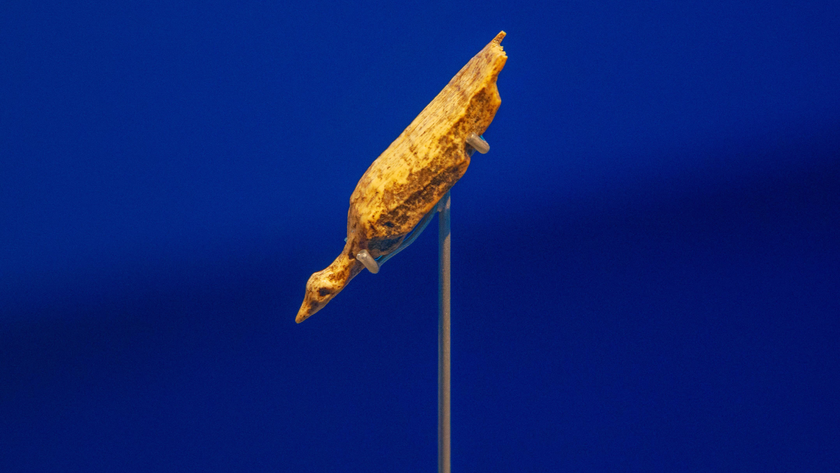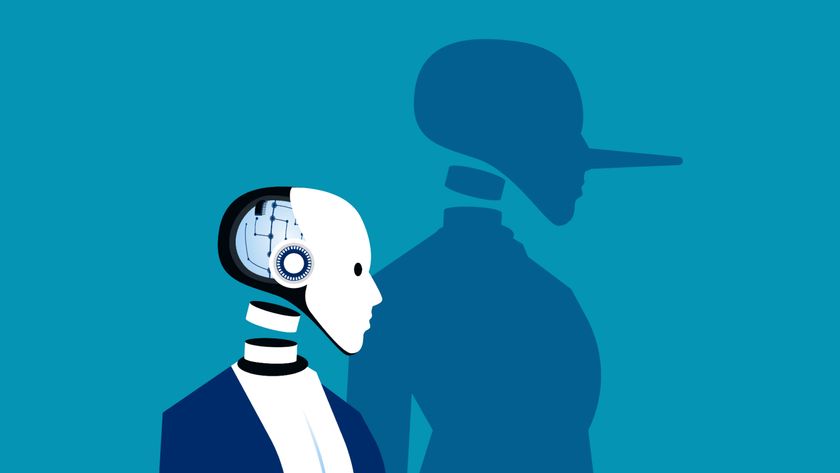Why Power and Prostitution Go Together

Editor's Note: New York Gov. Eliot Spitzer announced his resignation today, March 12, according to news reports.
New York Gov. Eliot Spitzer's alleged involvement in a prostitution ring has sent some heads spinning. The possible acts of impropriety run counter to the politician's hard-line career commitment to fighting corruption. The obvious question on many minds: What was he thinking?
The short answer, researchers say: Power and corruption go together.
While no outsider can read the man's mind, psychologists suggest several reasons for Spitzer's seeming hypocrisy, including a feeling of invincibility and "no one can touch me" attitude. Plus, people in high positions have more opportunities to step out of line. However, humans inherently hold leaders to higher standards and elect those individuals whom they think can resist great temptations, experts say. Spitzer, 48, allegedly paid $4,300 for a prostitute to commute from New York to Washington and meet him at a hotel there last month. News reports state Spitzer was tracked with court-ordered wiretaps. Spitzer was a repeat call-girl customer known as "Client 9," according to The New York Times.
In his prior position, as New York State's attorney general from 1998 to 2006, Spitzer garnered respect for his unrelenting pursuit to root out Wall Street corruption. He also prosecuted at least two prostitution rings during that time, according to The Times.
Power corrupts
Power has been and will forever be entangled with corruption for various reasons, said Daniel Kruger, a social and evolutionary psychologist at the University of Michigan's School of Public Health.
Sign up for the Live Science daily newsletter now
Get the world’s most fascinating discoveries delivered straight to your inbox.
"Leaders have so much power and influence, there are so many more opportunities for corruption, and to exploit the system at the expense of the people," Kruger said. With more opportunities for lying-cheating-stealing behaviors, political leaders must be on their toes double-time.
Perhaps that's why power figures and sexual improprieties sometimes seem linked in the public mind. For instance, Sen. Larry Craig was arrested last year for lewd conduct in an airport men’s room. Also in 2007, Sen. David Vitter was linked with prostitutes when his telephone number showed up on phone records of "D.C. Madam," an alleged prostitution service. This list goes on to include Rep. Barney Frank, who in 1989 admitted a relationship with a male prostitute, according to news reports. "[People] hold leaders to higher moral standards than they would their fellow women and men," Kruger told LiveScience. "They want leaders who are ideally beyond reproach, someone who is a good and moral person and will do the right thing even when bestowed with this tremendous power."
Mr. Invincible
If guilty, someone like Spitzer would likely be blown away that he or she was caught in an allegedly criminal act, because with so much professional success, failure is the furthest thing in his or her head, another expert says.
"I think what's more at play here is just the notion of invincibility," said Scott Reynolds, assistant professor of business ethics at the University of Washington in Seattle, "that sometimes when things go well for us and just again and again and again, we're successful, we start to believe that nothing can go wrong."
Reynolds added that in Spitzer's mind he may have consciously or unconsciously thought: "How could anything go wrong? This is me. I've been on the cover of magazines. I've won an election with the largest margin of victory in history. How could anything go wrong for me?"
(Spitzer won the gubernatorial election in a landslide victory with 69 percent of the vote, the largest margin of victory in a gubernatorial race in New York history.)
Even still, the false sense of invincibility can induce risk-taking behaviors that have colossal consequences. "We're willing to take more risks; we're willing to do more behaviors that are risky and we end up doing some things that aren’t very smart," Reynolds said of the idea that success can breed poor decisions.
Immediacy and repetition also play roles, Kruger said.
"People take risks often times because they're valuing the immediate rewards rather than something down the line," he said, and if Spitzer's alleged prostitute encounters were routine, they may have become just that – routine.
"If he's a regular client, he might not think anything of it because he's done it before and nothing has happened," Kruger said, "so it gets to be more of a routine and not something he's consciously thinking [about]."
Moral hypocrisy
Leader or not, do-gooders may be more smoke-and-mirrors than the real McCoy.
Research has shown people do the bare minimum in many respects, and so with morality, the appearance of taking the right action could be just as beneficial as actually taking that action.
"We've found far more evidence for moral hypocrisy than we have for moral integrity, at least among the samples of university students that we've looked at," said C. Daniel Batson, professor of social psychology at the University of Kansas, who studies the nature of moral motivation and moral hypocrisy. He noted he thinks his results apply to adults as well, including politicians and businessmen.
And since public opinion can make or break an elected politician, making moral charades can feel like a must, Batson noted in a telephone interview.
"Politicians are asking for the public trust and generally one would trust someone only if they thought they had, if not one’s own best interest, at least the interest of the community at heart," Batson said.
- Top 10 Mysteries of the Mind
- Vote: The Greatest Modern Minds
- The Sex Quiz: Myths, Taboos and Bizarre Facts
Jeanna Bryner is managing editor of Scientific American. Previously she was editor in chief of Live Science and, prior to that, an editor at Scholastic's Science World magazine. Bryner has an English degree from Salisbury University, a master's degree in biogeochemistry and environmental sciences from the University of Maryland and a graduate science journalism degree from New York University. She has worked as a biologist in Florida, where she monitored wetlands and did field surveys for endangered species, including the gorgeous Florida Scrub Jay. She also received an ocean sciences journalism fellowship from the Woods Hole Oceanographic Institution. She is a firm believer that science is for everyone and that just about everything can be viewed through the lens of science.












